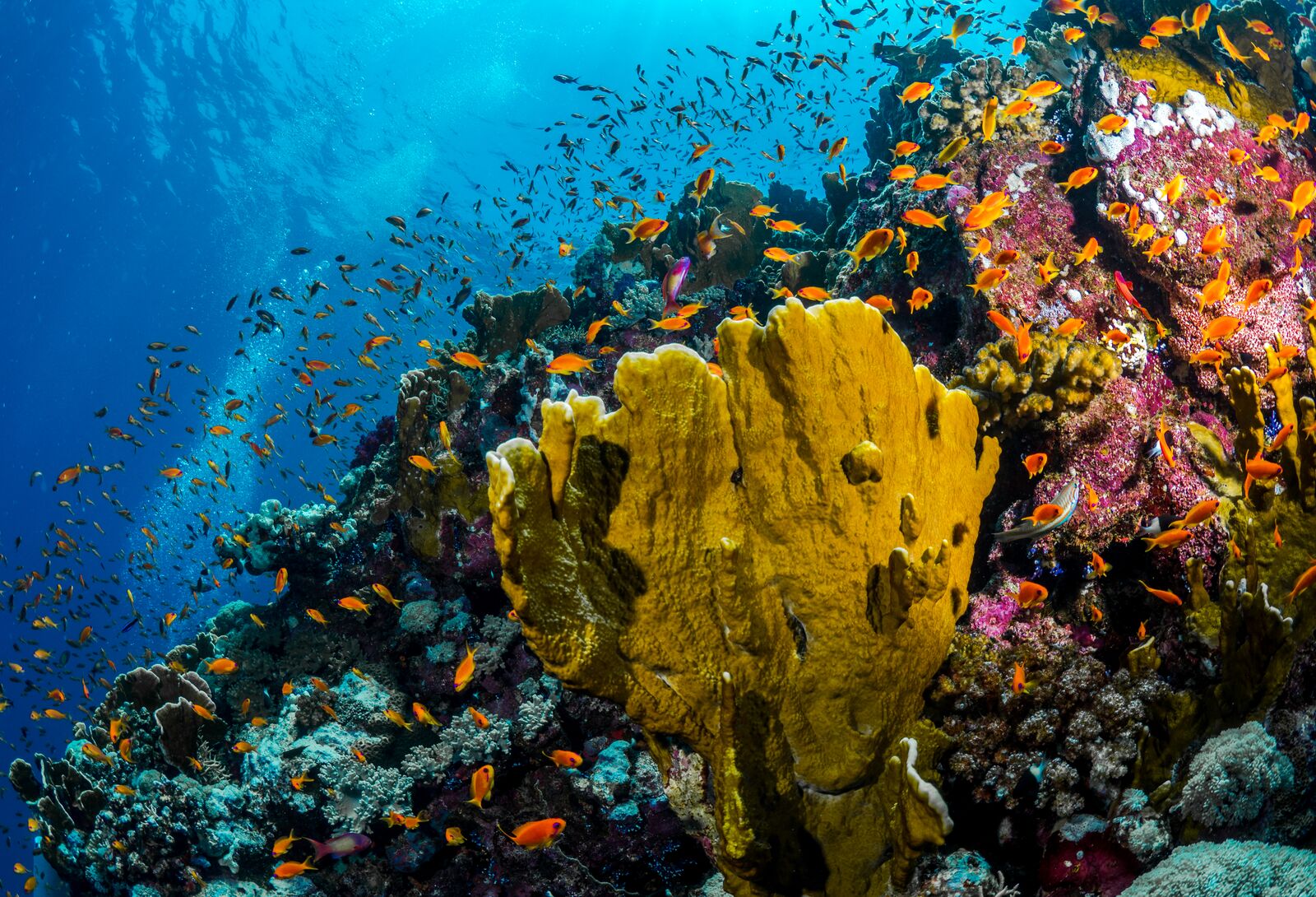By Rashid Alhatilah, Group Head of Environmental Compliance and Operations at Red Sea Global
Responsible tourism is about making better places for people to visit and live in. It's about shared responsibility and tangible actions to foster sustainability.
At Red Sea Global (RSG), we are championing a dynamic evolution toward responsible development in the hospitality sector. This ethos transcends the construction of exclusive destinations; we’re enriching the experiences of our guests, empowering communities, and nurturing the natural environments we are privileged to develop.
We go beyond merely complying with environmental regulations, and strive to uplift and set new benchmarks. To this end, we have established our own framework and regulations, ensuring our ambitious environmental and sustainability policies are woven into the fabric of every project, from inception to operation.
This framework also delineates the transition from RSG-owned environmental documents to those managed by partners and suppliers, ensuring seamless integration of sustainable practices. As such, our approach to partnership is rigorous, especially when it comes to establishing a culture of environmental awareness, which is essential for achieving responsible development. This is particularly crucial in Saudi Arabia, as commercial and developmental frameworks continue their evolution towards sustainability.
To accomplish this, we launched a training program, led by experienced environmental scientists, to elevate the environmental capabilities of our partners. We are proud of their ecological restoration efforts at our destinations through initiatives such as the installation of over 100 artificial nests for Ospreys and Sooty falcons, beach clean-ups, oil spill drills, and mangrove planting, as well as proactively responding to environmental challenges such as rescuing animals and stressed trees.
Another part of our regulatory framework is an emphasis on monitoring and minimizing our environmental impact. Real-time water quality buoys and air monitoring stations enable us to promptly address any deviations from environmental standards. This data will eventually transition to our under-construction Destination Unified Control Center, where environmental data will be collected, interpreted, assessed, and stored.
The Red Sea is home to some of the most important corals on the planet. Not only for ecological reasons, such as acting as fishery nursery grounds, biodiversity hubs, and critical habitats, but because they are among the most resistant to climate warming. Since 2000, each summer has been successively hotter. Our scientists believe that these corals can serve as donors to areas where corals have been depleted due to climate change.
As part of our aim to enhance the natural environment – achieving a 30% net conservation gain within our operational footprint – we create coral nurseries, collaborate with international scientists to find solutions to coral bleaching and loss, and, on site, we protect and relocate any corals that may be affected by our construction activities. We have successfully translocated corals in the Red Sea to preserve these vital ecosystems and recent monitoring has shown a high success rate in the survival of the relocated corals.
With our first resorts now open, we want our guests to indulge in the splendor of The Red Sea destination, reassured that their environmental impact is not just mitigated but actively reduced. They can participate in mangrove planting, enjoy locally sourced products, and leave with the knowledge that their stay has contributed positively to the planet.
RSG’s journey towards responsible development is more than a business strategy: it is a commitment to the future, a pledge to our planet, and a gift to future generations.
Source RSG | Red Sea Global

